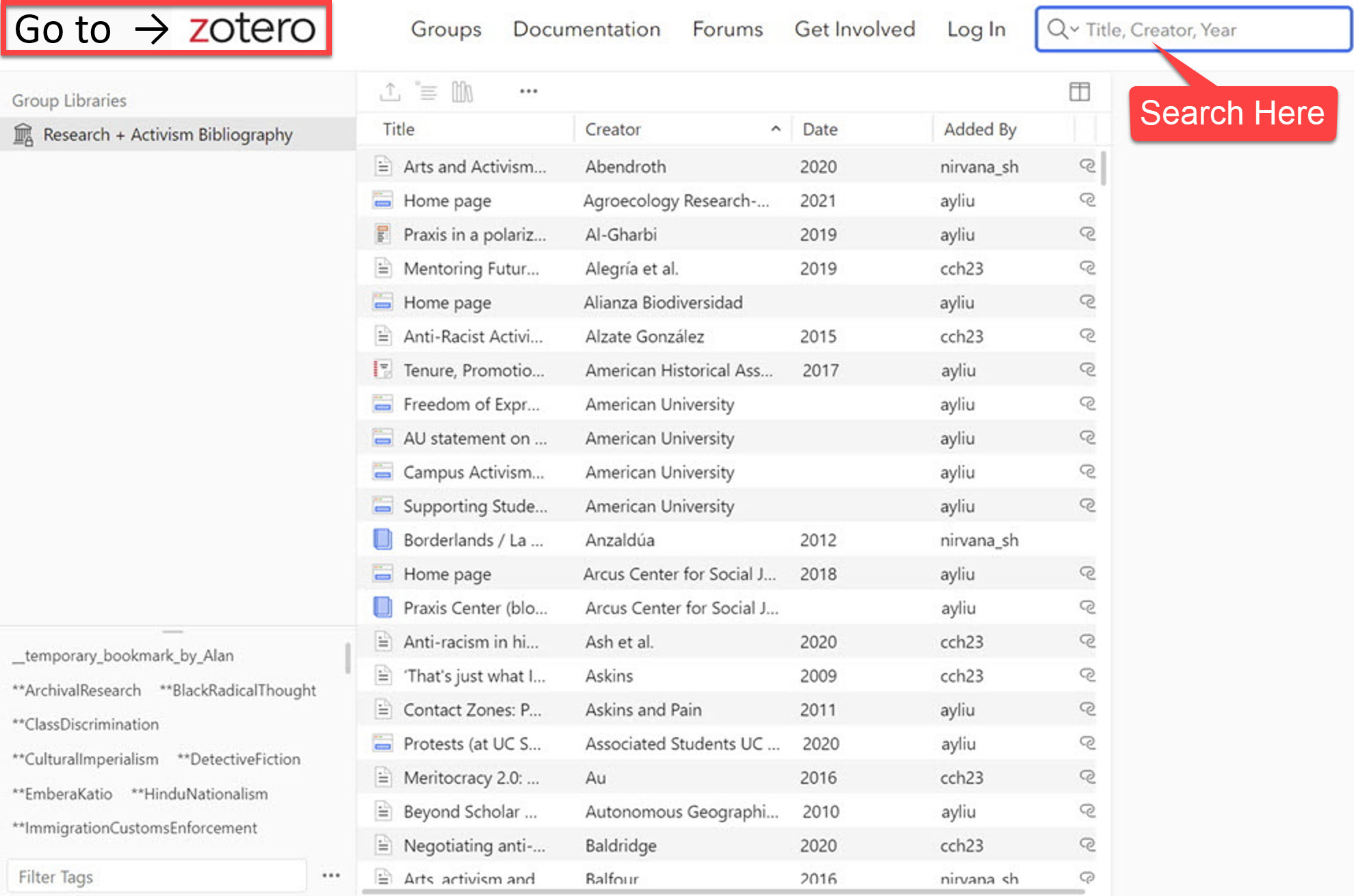Specific causes & issues: Ageism | AI Bias | AIDS | Antiracism (see also Racism) | Antiwar | Apartheid | Caste antidiscrimination | Censorship | Childcare | Class discrimination | Decolonization | Digital justice | Disability rights | Drugs | Education reform (➦ In HigherEd) | Economic Inequality | Environment (➦ Biodiversity ➦ Climate change ➦ Environmental justice) | Feminist activism | Food justice (➦ Food sovereignty | Slow food) | Freedom of speech | Gender equality (➦ Reproductive labor [See also Womens rights]) | Health care reform (➦ Health advocacy) | Heteronormativity (➦ Toxic masculinity) | Housing & zoning issues (➦ Gentrification ➦ Houselessness (including homelessness) ➦ Housing reform ➦ Skidrow) | Human rights | Indigenous rights | Information access | Infrastructure | Labor activism (➦ Adjunct instructors | Anti-work | Care work | Domestic work | Feminized labor | Reproductive labor | Sex work | Unionization) | Land politics | Language activism (➦ Linguistic discrimination | Linguistic diversity) | Legal system (➦ Criminal justice system ➦ Police reform ➦ Prison abolition) | Medical system reform | Mental health | Microaggressions | Population movement (➦ Forced displacement ★ Migration ➦ Immigration ★ Immigration activism ★ Undocumented residents rights) | Prison change (➦ Prison abolition ➦ Prison reform) | Racism (see also Antiracism) | Reproductive justice (➦ Abortion | Reproductive labor) | Right-wing activism | Surveillance | Trade treaties | Water justice | Women's rights (➦ Feminicide ➦ Violence against women)
➧ Administration
➧ Faculty (➦ Adjunct ➦ BIPOC [★ Black ★ Latinx] ➦ LGBTQ ➦ Women ➦ Tenure-line ➦ Tenured)
➧ Students (➦ BIPOC students ➦ Graduate students ➦ Undergraduate Students)
➧ Staff (non-instructional) | Campus police
➧ Policies related to politics: Academic freedom | Freedom of expression on campus | Protest & activism actions | Political campaigns on campus | Disciplinary actions
➧ Personnel policies: Hiring, promotion & tenure | Documenting scholar-activism | Personnel case diversity statements
➧ Campus resources supporting activism
➧ Discussions & critiques of higher education policies above
➧ U.K. Government(s): [TBD]
Advanced Search (on Zotero site)

While any tagging or labeling can be problematic, that for the topics of our Research + Activism Bibliography is especially so. Labels for groups of people, causes, and even geopolitical areas related to research + activism can be sensitive. These challenges are compounded by materials and audiences from international locations. (“African-American” or “Asian-American,” for example, are common phrases in a U.S context for works of research + activism. But other labels are needed for Black or Asian peoples and their diaspora as they apply to other nations.)
Where naming issues are important, we try to do our homework and consult. For example, we take guidance from the following naming standards; and we have also sought advice from colleagues and others.
This is an evolving resource page of naming guides & standards.
Nation Names & Nation Codes
- ISO 3166-1
- For nation names, see also United Nations Member States
Geopolitical Region Names
Names of Languages (Codes for Languages)
Race & Ethnicity Names
Below are some naming and code-abbreviation standards for racial and ethnic groups:
- United States
- Obama White House Office of Management and Budget, “Standards for the Classification of Federal Data on Race and Ethnicity” (1995)
- IPEDS (Integrated Postsecondary Education Data System), “Definitions for New Race and Ethnicity Categories”
- United Kingdom
- International
- Event Data Project, “CAMEO Conflict and Mediation Event Observations Event and Actor Codebook (Version 1.1b3),” Department of Political Science, Pennsylvania State University, 2012. (See Table 5.1, “CAMEO Ethnic Group Codes,” on pp. 114-130)
